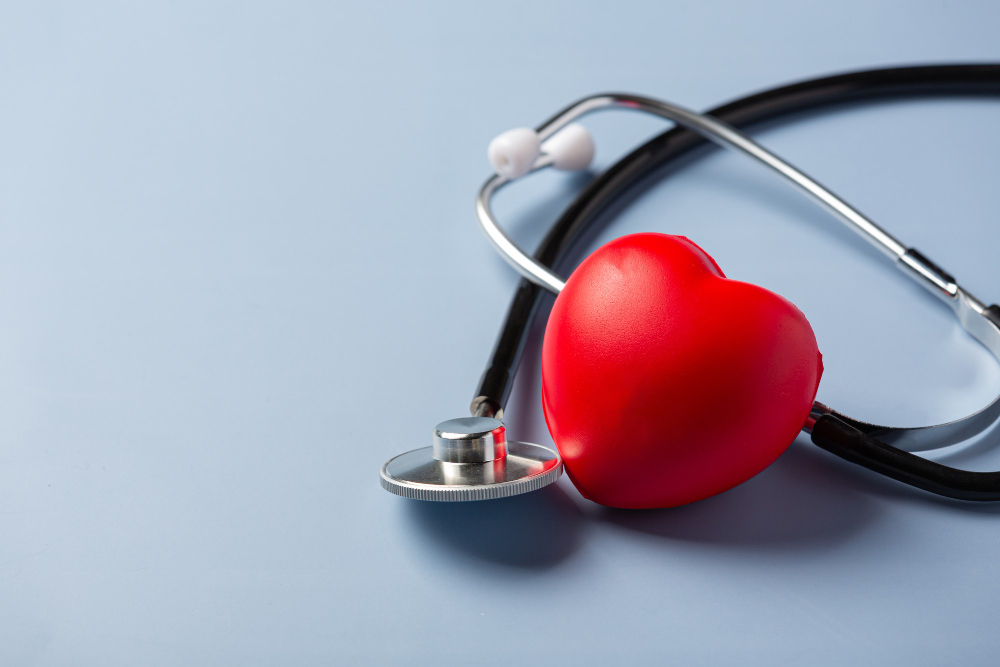
Cardiovascular medical devices are specialized instruments, machinery, or software used in the treatment, diagnosis, and management of heart-related diseases. These devices range from implantable devices like pacemakers and defibrillators to external wearables that monitor heart rate and rhythm.
With cardiovascular diseases standing as a leading cause of death globally, these medical devices play a crucial role in prolonging and improving the lives of those affected. They offer innovative solutions for monitoring heart conditions, diagnosing issues early, and providing life-saving treatments, marking a revolution in the way heart care is delivered.
What Types of Cardiovascular Devices Are Available?
The landscape of cardiovascular medical devices is diverse, encompassing a wide range of tools designed to tackle various aspects of heart health. Primarily, these devices can be classified into three main categories: diagnostic devices, therapeutic devices, and monitoring devices.
Diagnostic devices are fundamental in identifying heart conditions and include items like electrocardiogram (ECG) machines, which record the electrical activity of the heart, and echocardiograms, which use ultrasound to create images of the heart's structure and function.
Therapeutic devices, on the other hand, are employed to treat heart conditions directly. Notable examples include pacemakers, which help control abnormal heart rhythms, and implantable cardioverter defibrillators (ICD), which can correct life-threatening arrhythmias by delivering a jolt of electricity to the heart. Other therapeutic devices include stents and prosthetic heart valves, which help to keep the heart's arteries open and replace damaged valves, respectively.
Lastly, monitoring devices have gained prominence, especially with the advent of wearable technology. Devices such as smartwatches can now monitor heart rate and rhythm in real-time, allowing for early detection of irregularities. Additionally, cardiac loop recorders offer long-term monitoring by recording the heart's electrical activity over extended periods.
Together, these devices form a comprehensive toolkit in the fight against cardiovascular diseases, offering solutions for diagnosis, treatment, and ongoing management.
How Do Smart Wearables Contribute to Heart Health?
Smart wearables have revolutionized the approach to cardiovascular health by enabling continuous, real-time monitoring of vital signs and heart activities outside clinical settings. Devices like smartwatches and fitness bands come equipped with sensors that track heart rate, rhythm, and even blood pressure. This constant monitoring allows for the early detection of irregularities such as atrial fibrillation, a common heart rhythm abnormality that, if left unchecked, can lead to stroke.
Moreover, smart wearables encourage a proactive approach to heart health. They often include features that promote physical activity and track exercise, which are crucial components in preventing heart disease. Additionally, some wearables offer personalized health insights and reminders, fostering better lifestyle choices. The ability to seamlessly record and share data with healthcare providers also enhances the management of existing conditions, making smart wearables an indispensable tool in modern cardiovascular care.
Why Is Remote Monitoring a Game-Changer for Patients?
Remote monitoring represents a significant leap in patient care, particularly for those managing chronic cardiovascular conditions . By utilizing devices that transmit health data directly to healthcare providers, patients no longer need to be in a hospital or clinic to have their heart health assessed. This not only increases the efficiency of healthcare delivery but also significantly improves patient convenience and comfort.
Remote monitoring enables early detection of potential issues, allowing for swift intervention before conditions worsen. It also empowers patients to play an active role in their health management, fostering a sense of control and involvement in their treatment process. In essence, remote monitoring bridges the gap between patients and providers, ensuring continuous care and oversight, which is crucial for long-term heart health.
Summary: The Future of Cardiovascular Care
The future of cardiovascular care is bright, with medical devices playing a pivotal role in transforming patient outcomes. The advancement in technology, especially in the realm of smart wearables and remote monitoring, promises a new era of personalized and accessible healthcare. As these devices continue to evolve, they will offer even more precise diagnostics, real-time health insights, and effective treatment options.
Furthermore, the integration of artificial intelligence and machine learning could lead to unprecedented capabilities in predicting and preventing heart diseases. The ongoing collaboration between technology developers and healthcare professionals is essential in realizing the full potential of these innovations, ensuring that cardiovascular care continues to advance towards a more efficient, effective, and patient-centered approach.








